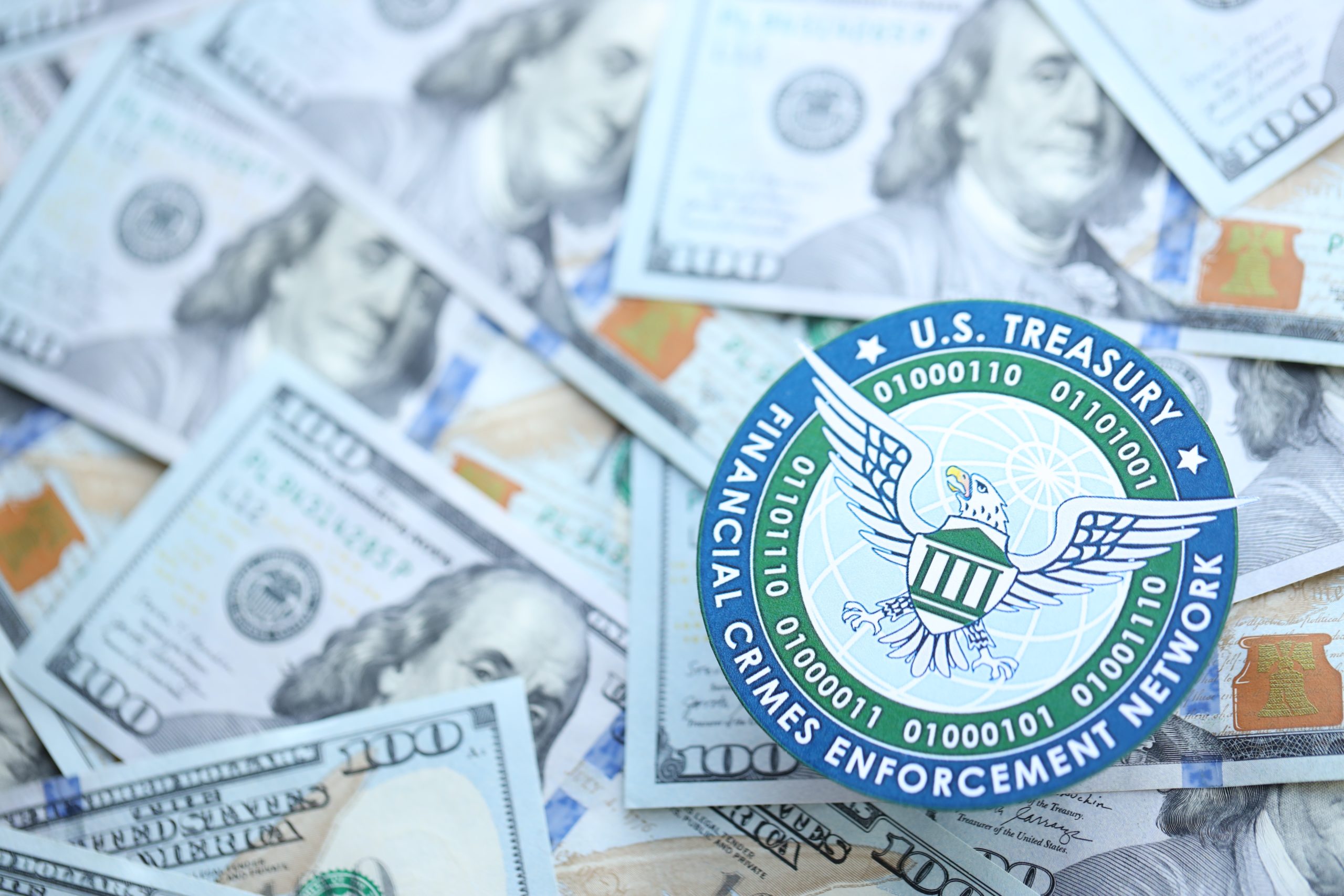WASHINGTON, DC – On Monday, the Financial Crimes Enforcement Network (FinCEN) announced plans to postpone and reopen a rule finalized last year that introduced groundbreaking anti-money laundering safeguards for the $130 trillion U.S. private investment sector. The rescoped rule is now supposed to take effect January 1, 2028, two years after the original effective date.
“With this announcement, Treasury is kicking the can on already long overdue anti-money laundering safeguards,” said Ian Gary, executive director of the FACT Coalition. “This decision sends a signal to criminals and U.S. adversaries that they can continue to move illicit funds through the massive and opaque U.S. private investment sector with impunity.”
The U.S. private investment industry has enjoyed more than two decades of “temporary” exemptions from anti-money laundering and counter-terrorist financing obligations. The rule finalized last year marks the third time FinCEN has moved to institute anti-money laundering requirements for the sector. Unlike banks, broker-dealers, commodities brokers, and other financial institutions, the private investment industry is currently the only major U.S. capital market actor without a legal obligation to know their clients or perform due diligence.
The money laundering risks for the sector have only grown in the past two decades, evidenced by the National Risk Assessment issued by Treasury just last year. According to the analysis, exempt reporting advisers – like those working for private equity firms, hedge funds, and venture capital firms – pose the highest illicit finance risk. For instance, a Treasury review identified several U.S. venture capital firms with significant ties to Russian oligarch investors that then invested in companies developing technology with national security applications – for instance, autonomous vehicles, artificial intelligence – and U.S. government contractors.
“We’ll be watching this rulemaking closely,” said Mr. Gary. “Any changes that would leave out exempt reporting advisers or other high-risk categories would bankrupt the rule entirely and herald an era of even greater illicit finance risk for this multitrillion-dollar industry.”
As detailed in FACT’s joint 2021 report, “Private Investments, Public Harm,” U.S. adversaries and criminal networks rely on these vehicles to move and launder cash, defraud American investors, and access technology that is crucial to U.S. national security. Any delay in implementing this rule or limiting its scope will only exacerbate these U.S. national security and public safety risks.
The U.S. also faces an evaluation next year by the Financial Action Task Force (FATF), the international anti-money laundering standard setter. The U.S. was determined to be deficient under FATF Recommendation 10 during its 2016 mutual evaluation, in part for its failure to require investment advisers to conduct customer due diligence. Despite some improvements to the U.S. rating since then, this deficiency has so far been left unaddressed. Failure to comply with the FATF recommendations could result in punitive measures, such as greylisting, which would carry negative consequences for the U.S. economy and capital markets.
Notes to the Editor:
- Read FinCEN’s announcement here.
- FACT offered extensive input for the investment adviser rule in April 2024, and applauded the final rule issued August the same year.
- Likewise, the rule, when proposed, prompted supportive comments from senior U.S. senators, including the chairs of the Senate Armed Services, Banking, Budget, Judiciary, and Finance Committees.
- The FACT Coalition, along with its members Transparency International U.S. and Global Financial Integrity, also released a 2021 report, “Private Investments, Public Harm,” which laid out case studies and analysis of regulatory deficiencies in curbing money laundering risks within the private investment sector.
- In 2016, the United States was rated by the Financial Action Task Force as “partially compliant” with Recommendation 10, governing customer due diligence performed by financial institutions. The U.S. rating was improved to “largely compliant” in 2020, but the FATF recognized the U.S. failure to include investment advisers as a financial institution covered by anti-money laundering rules.

